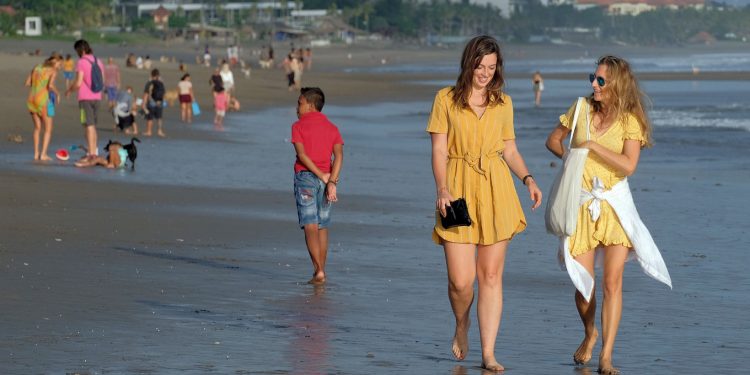Chronic malnutrition has become a problem in secluded communities located on the cape of eastern Bali, and it’s increasing with the Covid-19 pandemic.
With the poverty that emerged due to Covid-19, especially in urban areas, NGOs said that thousands of people are starving on the island.
Approximately 60 percent of the Gross Domestic Product (GDP) in Bali comes from the tourism sector. When there is a travel ban, it makes the economy on the island of Bali weak.
The Central Bank reported that in September, negative growth was less than 11 percent.
Data on the Central Bureau of Statistics revealed in August unemployment rate had risen to 5.6 percent, with 105 thousand people losing their jobs.
But with six out of 10 Indonesians working in the informal sector, the National Labor Organization says that the amount of increasing unemployment in Indonesia could be more. Now thousands of people are starving and without food for several days with insufficient money to buy food.
The Solemen Indonesia Foundation is a foundation that helps to feed the elderly in the Bali region. Also, assist people with disabilities and families of people with disabilities who were previously supported by their families or relatives who work in the tourism sector.
Robert Epstone, Sarah Chapman’s colleague, also said that acute and chronic malnutrition is one of the causes of various problems.
Before the pandemic, they had treated approximately 2,400 people, but that number is becoming increasingly with the pandemic.
One of the pre-prosperous areas in Bali, namely Karangasem, has run into aridity, and this area is not an area to attracts tourists.
Many villages still do not have adequate road access, do not have electricity, telephone, or internet networks.
The villagers survive with whatever agricultural produce they can grow and the money sent by family members who move to urban areas to work in the tourism sector.



